Author of the article: Tironova Inna Igorevna
Gastroenterologist, therapist
15 years of experience
Professional skills: Colon hydrotherapy, treatment of gastrointestinal diseases
[adsp-pro-1]
Diarrhea is a physiological phenomenon; its purpose is to quickly remove substances from the intestines that the immune system perceives as potentially dangerous. Peristalsis increases, the colon does not have time to absorb excess water, so the stool becomes liquid. A few hours after emptying the gastrointestinal tract, a person’s well-being is restored. But at the same time, diarrhea is included in the clinical picture of many diseases that do not go away on their own, but require treatment. Chills and diarrhea are a combination of symptoms that can indicate a dangerous pathology.
Factors causing deviation
Diarrhea can be acute or chronic. In the first case, its cause is usually an infection: viral, bacterial or parasitic. In the second case, diarrhea can be a sign of a number of pathologies.
Diarrhea that lasts more than 2 days may be ordinary food poisoning, which does not go away due to improper behavior after illness: for example, eating fatty, difficult-to-digest foods.
Muscle chills usually indicate intoxication.
Endocrine system disorders
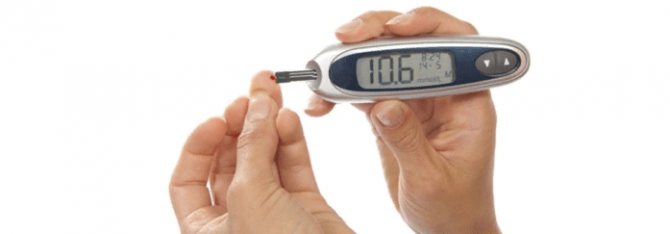
The endocrine system controls all organs and processes in the body, so hormonal imbalance often provokes severe chills and regular diarrhea.
[adsp-pro-2]
Diabetes mellitus can cause diarrhea that lasts more than 10 days. Against the background of the disease, there is a feeling of severe physical weakness, which can be expressed in a combination of decreased body temperature and tremor, which is felt as chills.
The second common cause of regular bowel disorder is thyrotoxicosis or hyperthyroidism. Increased production of thyroid hormones or an overdose of levothyroxine accelerates internal processes, including peristalsis. The condition is most often characterized by a subjective feeling of heat in the body, but chills are also possible.
A combination of two symptoms is possible during menopause. Restructuring of the hormonal system can provoke functional disorders of any organs.
Intoxication of the body
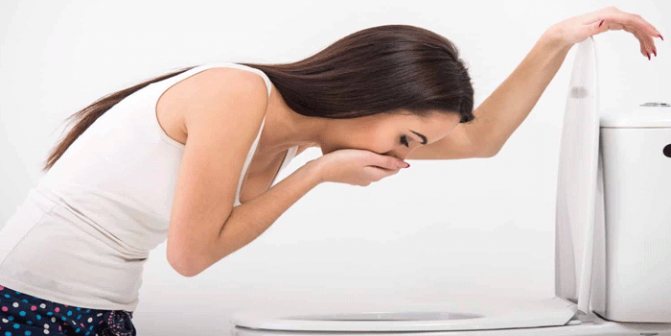
Intoxication or poisoning occurs when it enters the body:
- Alcohol.
- Arsenic, mercury.
- Poor quality food.
- Medicines.
- Mushrooms, poisonous berries.
[adsp-pro-3]
The clinical picture appears on average 1.5-2 hours after the toxin enters the blood; in children it may appear faster. Signs of poisoning include loose stools, headache and chills. An increase in temperature does not always occur, but the fact of hyperthermia is an alarming sign.
Diarrhea and chills without fever can occur with reduced immune function: immunodeficiency and taking immunosuppressive drugs. In this case, the health hazard will be even higher, since the body will be defenseless against the toxin. The condition can lead to kidney failure, liver damage, and increased intestinal motility can lead to dehydration.
Stomach flu
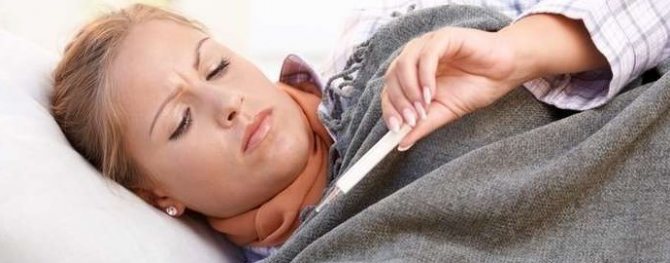
Intestinal flu is a general name for gastrointestinal pathologies caused by the activity of viruses. In more than 60% of cases, patients with diarrhea of this etiology are diagnosed with rotavirus, norovirus or adenovirus.
[adsp-pro-4]
Attention! Stomach flu is an illness usually caused by poor hand hygiene.
Diarrhea and chills with fever require medical intervention, as it is important to exclude salmonellosis, dysentery, cholera, malaria and other dangerous pathologies.
Other reasons
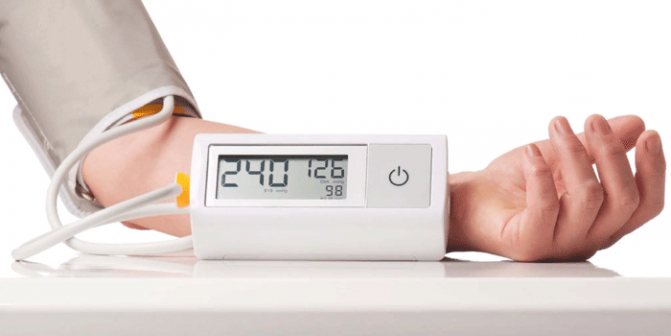
Diarrhea and chills in an adult without fever can occur due to:
- Hypertensive crisis.
- Enteritis is inflammation of the small intestine.
- Colitis is inflammation of the colon and rectum.
- Helminthiasis is an infection of the intestines with parasites.
- Syphilis.
- Allergic reaction.
[adsp-pro-5]
In emotional people, such discomfort may occur after or during stress. This condition is called a panic attack, and the disease itself sounds like vegetative-vascular dystonia.
Diarrhea, vomiting and weakness in a patient: how long does it take to treat?
Treatment
Therapy using methods from the people is also allowed:
- Melissa for nausea: 4 teaspoons of lemon balm should be poured into a thermos or thermal mug and pour two liters of boiling water over it, the infusion should stand for about 4 hours. Take half a liter 4 times a day before meals.
- Tincture of pink radiola. It helps perfectly with any poisoning. Take seven drops three times a day until 7 pm.
- Herbs: take equal parts plantain, St. John's wort, mint, agrimony, chamomile and make a regular infusion of these herbs. Pour half a liter of boiling water and leave for half an hour. Take 3 tablespoons every hour.
- Chicory: 1 tablespoon dried herb and chicory powder. Pour a glass of hot water and leave it in a thermos overnight.
- A pinch of salt should be poured into the vodka, stirred and drunk. After which you need to drink a glass of orange juice.
- Pour one teaspoon of baking soda into a mug of water, then stir and drink.
- Regular green tea is one of the best remedies for nausea and vomiting.
- There are a number of points on the human body, by pressing on which you can easily and without problems get rid of nausea or vomiting. Detailed information can be found on the Internet.
Nutrition correction
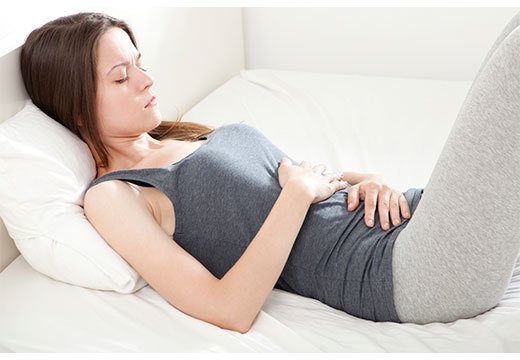
In order to recover faster and prevent the disease from returning again, you will need to go on a diet for some time.
- For about 5 days in a row, it is recommended to eat only porridge, always cooked in water, this will improve the functioning of your intestines.
- Well, sweet and fatty foods need to be excluded from the diet for a long time.
- It is recommended to drink tea without sugar and eat vegetable broths.
- Taking rosehip or chamomile tincture will be very useful.
- Bread should be replaced with non-sweet crackers.
- Later, it is gradually allowed to add meat and fish to the diet.
- Foods that irritate the stomach should be avoided.
- You need to eat food often, but in small quantities.
Here is a detailed list of foods that need to be excluded from the diet:
- Some porridge and noodles.
- Canned food, smoked and raw smoked products.
- Canned fish and fish in various forms (for example, fried and smoked).
- Cakes, black bread.
- Vegetables and canned vegetables.
- Mustard and wasabi.
- Various mushrooms.
- Fruits and berries.
- Chilled drinks.
- Sodas.
Since the diet is strict, the diet is reduced to a minimum.
After reading this article, we can say with confidence that with this disease, bed rest and rest are necessary, you need to consult a doctor first and follow a diet in order to restore your body.
When you need to see a doctor urgently
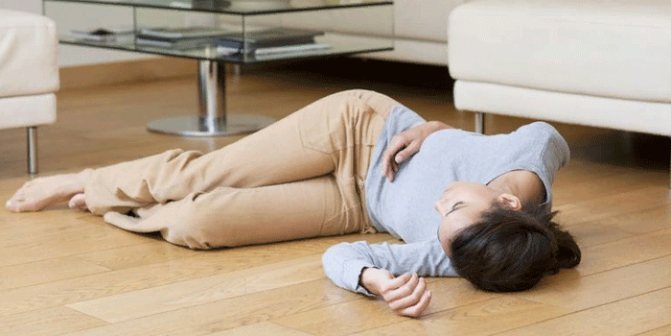
A visit to the doctor is required in any case where diarrhea occurs frequently, is accompanied by severe deterioration in health, or does not go away after 48 hours.
Urgent medical attention is required if diarrhea, chills and muscle weakness occur along with any of the following symptoms:
- Severe vomiting.
- Fainting or dizziness.
- Heat.
- Stomach ache.
- Blood in stool;
- Dehydration: decreased blood pressure, dark circles under the eyes.
[adsp-pro-6]
Before the ambulance arrives, you should not take any medications for diarrhea, so as not to distort the symptomatic picture and interfere with the diagnostic process.
What to do if you have diarrhea and body aches?
Intestinal upset is an unpleasant problem that is familiar to most people. Not everyone goes to the doctor with diarrhea, but sometimes a doctor’s help is necessary. You need to figure out what causes diarrhea and body aches at the same time and how best to help yourself.
Causes of diarrhea
Diarrhea is not a disease, but a symptom that occurs for various reasons. To treat the condition correctly, it is necessary to determine the cause of the disease and try to eliminate its effects.
Diarrhea accompanied by aching joints can occur for the following reasons:
- infection with intestinal infection;
- penetration of rotavirus;
- pancreatitis;
- hepatitis;
- poisoning.
Depending on the cause of the intestinal disorder, there are different accompanying symptoms. To determine what caused loose stools, it is important to be able to distinguish between clinical conditions.
Symptoms depending on the cause
By taking a closer look at the symptoms that accompany diarrhea and aching bones, it will be possible to quickly make an accurate diagnosis and begin qualified treatment.
Signs of an intestinal infection
Aching bones with diarrhea of bacterial etiology. An intestinal infection causes many symptoms in the human body:
Diarrhea with fever caused by bacterial infection is characterized by greenish color of stool and repeated visits to the toilet. Rarely, stool contains blood, but this may indicate the development of complications.
This form of diarrhea can occur in both adults and children. The sensation of aching in joints and bones is usually caused by the development of intoxication in the body, which is almost always present with a bacterial infection.
Signs of rotavirus infection
Rotavirus infection is another factor that can cause indigestion and a feeling of body aches at the same time. This is a viral form of the pathogen that causes the following clinical picture:
- respiratory symptoms;
- watery, frequent stools;
- nausea and vomiting;
- temperature;
- stomach pain.
We recommend: How to treat foamy diarrhea in adults and children?
The condition is accompanied by the development of chills. When there are small children in the family, the infected person must comply with quarantine, as the risk of transmission of infection is high. Children and the elderly are most often affected, as their immune defenses are most weakened.
Lack of treatment can lead to dehydration and dysbiosis. It is important to provide competent assistance as soon as possible to protect your health.
Signs of pancreatitis
Pancreatitis is a disease of the pancreas. It can occur in acute and chronic form. In acute cases, as a rule, patients are hospitalized and warned about possible symptoms.
When chronic, intestinal upset can be confused with other conditions and even food poisoning. Most often, unpleasant symptoms occur soon after eating. Flatulence, bloating and discomfort in the abdomen (boiling) may appear.
With pancreatitis, there may be diarrhea without fever or with its increase. A person’s well-being depends on many factors. Feces may contain fragments of undigested food. The condition is almost always accompanied by severe abdominal pain and acute weakness in the legs and body.
Signs of hepatitis
In rare cases, diarrhea, muscle aches and fever may be signs of viral hepatitis. This is a disease that affects the liver. Severe symptoms occur against the background of severe intoxication.
A characteristic feature of diarrhea due to hepatitis is the unusual color of the stool. With this disease, they acquire a white tint and become very light. Acute periods may occur, then giving way to remission with an asymptomatic course.
Hepatitis is very dangerous and can be fatal if left untreated . Therefore, at the slightest suspicion of this disease, it is necessary to urgently consult a doctor for advice.
Signs of food poisoning
Body aches without fever sometimes appear with intestinal upset against the background of ordinary food poisoning. An unpleasant condition can be provoked by the consumption of stale food products, or those that have been stored incorrectly.
We recommend: What to do if an adult has severe watery diarrhea?
Depending on what caused the poisoning, the incubation period is different. However, symptoms often develop within just a few hours of negative exposure.
Patients have abdominal pain, frequent and loose stools, general weakness and severe fatigue. Nausea and vomiting may occur, increasing the risk of dehydration.
Principles of assistance
You can get rid of diarrhea on your own, however, if there are signs of serious illness, it is better to consult a doctor. If there is no fever and there is no mucus or blood in the stool, you can use home remedies to combat the disease.
When treating, you should consider the following tips:
- do not rush to take drugs that stop diarrhea such as Loperamide or Levomycetin;
- you can take sorbents such as “Polysorb”, “Atoxil”, “Activated carbon”;
- it is important to provide the patient with plenty of fluids;
- you should drink rehydration solutions, for example, “Regidron”.
If an intestinal disorder is accompanied by severe spastic pain, you can take a Drotaverine or No-Shpy tablet.
During the recovery period, you should avoid eating fatty, fried and spicy foods. It is important to drink plenty of fluids. These can be unsweetened teas, infusions, decoctions. It is important to give up soda and alcohol.
If your health worsens, you need to call an ambulance. In a hospital setting, the patient will be provided with qualified care and prescribed a set of necessary medications.
For diarrhea, help must be provided quickly. Only with the help of coordinated actions can you prevent dehydration and supply the body with the nutrients necessary for recovery.
Source: https://OPonos.ru/diareya/ponos-i-lomota
Diagnostic methods
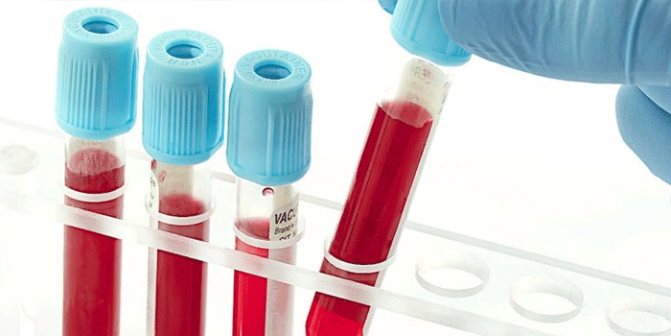
The examination plan is drawn up based on what other symptoms the patient has. His age, gender, heredity, and concomitant diseases are also taken into account.
But any list of studies for diarrhea against the background of chills includes:
- A clinical blood test that evaluates inflammatory markers: ESR, leukocytes, eosinophils.
- A coprogram or stool test for blood, fat, particles of undigested food, showing in which part of the gastrointestinal tract there is pathology.
- Test for antibodies to helminths.
[adsp-pro-7]
Functional diagnostics are rarely prescribed, since laboratory tests are more informative and accurate. If there is a need to clarify the diagnosis, the following are prescribed: ultrasound of the abdominal organs, colonoscopy.









